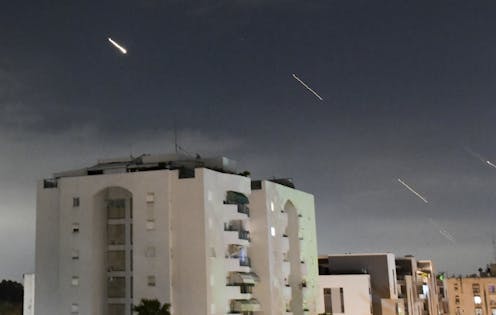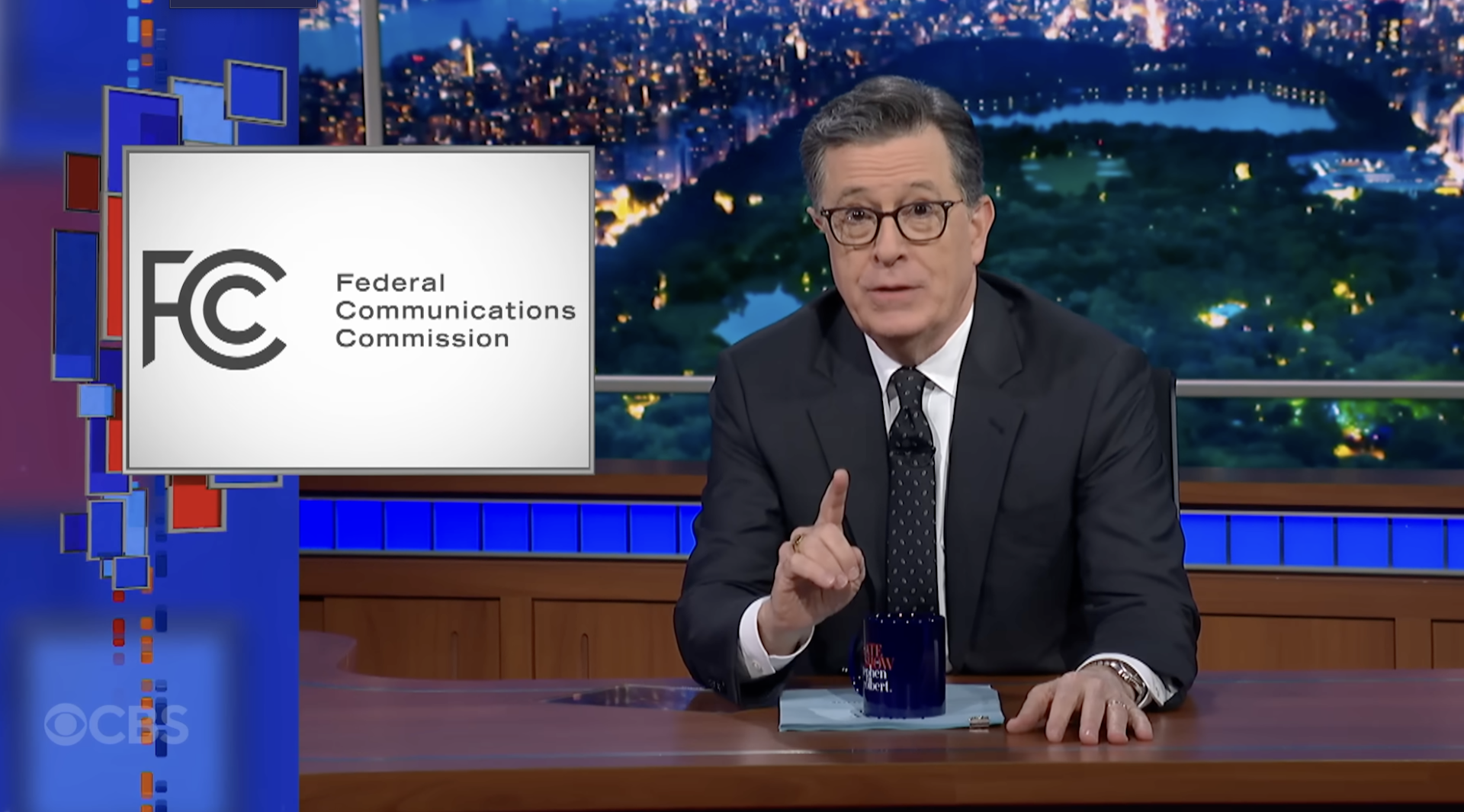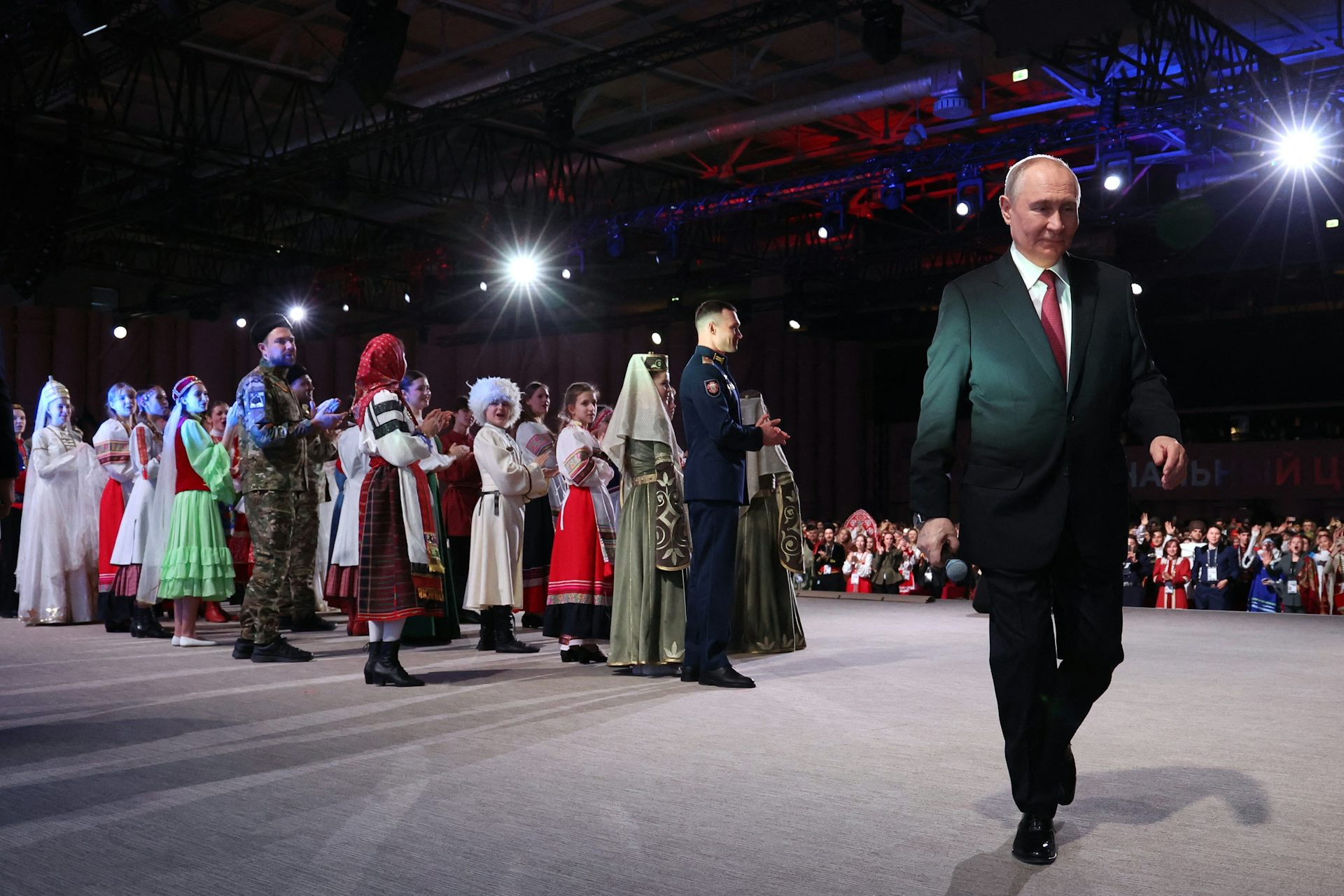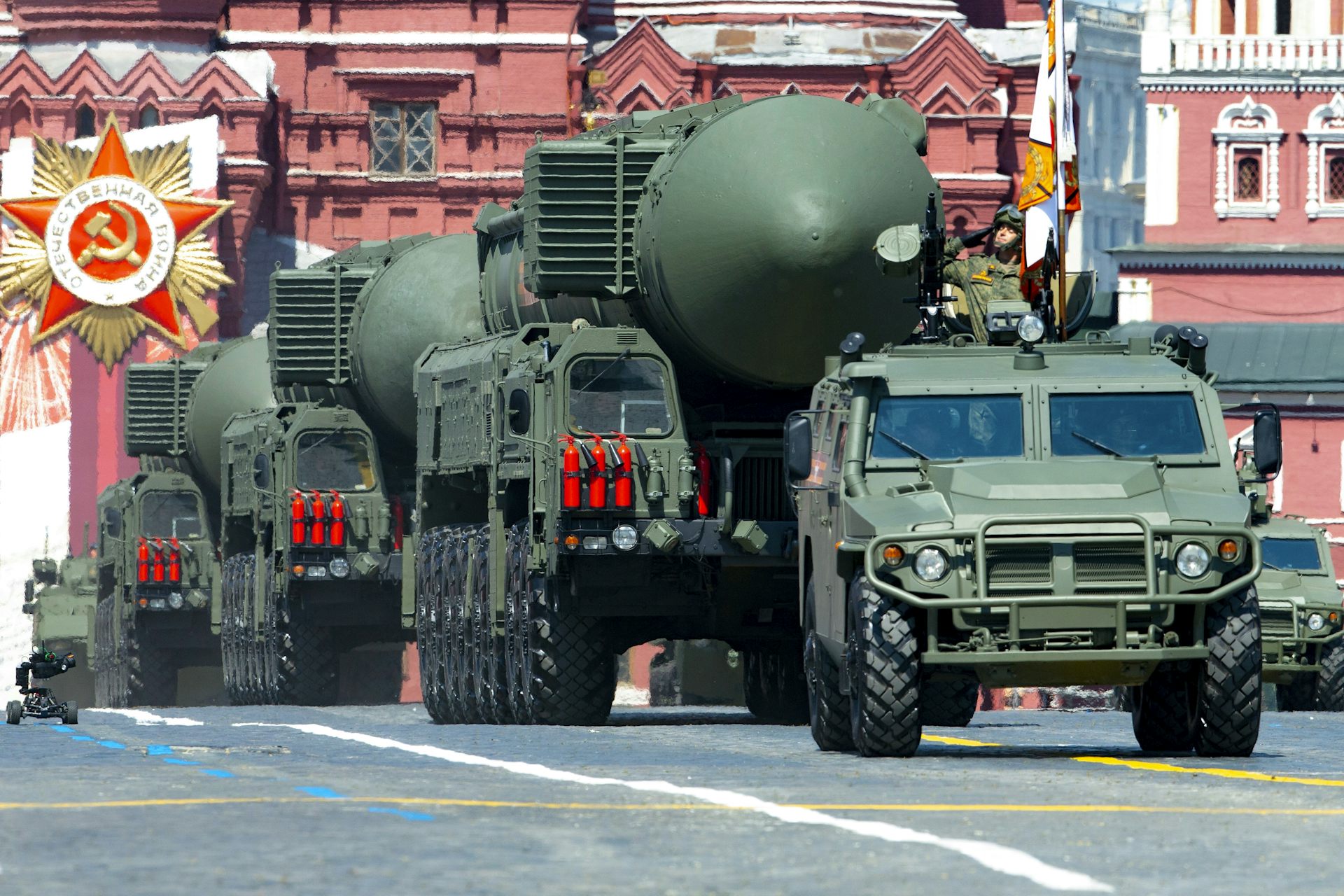Shadow war no more: Hostilities between Israel and Iran have strayed into direct warfare – is there
A long-running conflict between adversaries Israel and Iran fell short of open confrontation – until both countries took more direct aim at each other.

For decades, Iran and Israel have been engaged in a “shadow war.”
Falling short of direct military confrontation, this conflict has been characterized by war through other means – through proxies, cyber attacks, economic sanctions and fiery rhetoric.
Events over the last few weeks in the Middle East have, however, changed the nature of this conflict. First, Israel – it is widely presumed – broke diplomatic norms by bombing an Iranian mission in Syria. The operation, in which 12 individuals were killed – including seven officials from Iran’s Islamic Revolutionary Guards Corp Quds Force – ratcheted up the stakes.
It also crossed a new threshold. Never before had that many Quds Force or other Iranian military officials been killed in a single attack by Iran’s adversaries. Almost immediately, rhetoric from leaders in Tehran indicated Iran would respond swiftly and dramatically.
Then, on April 13, 2024, Iran responded by crossing a line it had, to date, not crossed: launching a direct attack on Israeli soil.
Iran’s attack against Israel was also qualitatively and quantitatively different than anything Tehran had directly attempted before. Israel Defense Forces spokesperson Rear Admiral Daniel Hagari said that it consisted of at least 170 drones, 30 cruise missiles and 120 surface-to-surface missiles. The attack was launched from positions in Iran, Iraq, Syria and Yemen.
In physical terms, the barrage caused little damage. Hagari said that 99% of the projectiles sent by Iran were intercepted by air and missile defenses, and that only one person was injured. For now, it appears that Tehran is content with its own response; the Iranian Mission to the United Nations posted a message on social media following the attack indicating that the operation had concluded.
But as an expert on national security and the Middle East, I believe the Iranian attack was not about inflicting physical damage on Israel. It was more about Iran attempting to restore deterrence with Israel following the Damascus incident and showing strength to its domestic audience. In so doing, Tehran’s leaders are also conveying the message that should Israel conduct more aggressive actions against Iranian interests, they are willing to escalate.
Friends, then longtime foes
Iran and Israel have been adversaries virtually since the Iranian Revolution in 1979, when the Shah of Iran fled the country to be replaced by a theocracy. New leader Ayatollah Ruhollah Khomeini broke the former regime’s ties with Israel and quickly adopted a strident anti-Israel agenda both in words and policy.
In the decades since, Israel and Iran have inflicted harm on the other’s interests in both the physical and virtual worlds. This has included major terrorist attacks backed by Iran against Israeli interests in Argentina in 1992 and 1994, Tehran’s backing of Hezbollah’s grinding insurgency against Israel in southern Lebanon, and the major operational support provided to Hamas that in part enabled the attacks on Oct. 7, 2023.
Meanwhile, Iranian officials have blamed Israel for the killing of senior military officials and scientists related to Iran’s nuclear program in Iran or elsewhere in the region.
The lack of open acknowledgment by Israel of the killings was to create the illusion of plausible deniability and implant doubt about who was actually responsible.
In recent years, Iran has relied heavily on its “axis of resistance” – militant groups in Iraq, Yemen, Lebanon, Syria and Gaza that share some of Tehran’s goals, notably in regard to countering Israel and weakening U.S. influence in the region. In the monthslong conflict sparked by the Oct. 7 attack, Iran-backed Houthis in Yemen and the Islamic Resistance in Iraq network have repeatedly attacked Israeli and U.S. interests.
‘A clear message’
So what comes next? A lot will depend on how Israel and the U.S. respond.
Officially, U.S. President Joe Biden has stated that in repelling the Iran missiles and drones, Israel had sent “a clear message to its foes that they cannot effectively threaten [its] security.”
But there are reports that Biden has warned Israeli Prime Minister Benjamin Netanyahu Israel should “take the win” and could not rely on the U.S. supporting any offensive operations against Iran.

A number of factors will determine whether Iran and Israel continue to launch more attacks against each other out in the open, or revert to shadow warfare.
These include how each side reads domestic sentiment. Netanyahu is already facing pressure based on his handling of the war in Gaza and previous domestic concerns regarding attempts to influence the Israeli Supreme Court, among other matters.
Likewise, inside Iran, the United Nations reports that two years after major public protests inside the country based on socio-economic conditions, the regime in Iran continues to ruthlessly suppress dissent.
Apart from domestic considerations, both Iran and Israel will also weigh the risks of more open confrontation against their current operational capabilities. Here, it seems clear that neither Iran nor Israel can decisively win a prolonged military campaign against each other.
Israel’s powerful military certainly has the ability to launch air and missile strikes against Iranian interests in the region, as they have already demonstrated in Syria and Lebanon for many years. And Israel probably could do the same for a short period of time directly into Iran.
But Israel would face major challenges in sustaining a prolonged combined arms campaign in Iran, including the relatively small size of the Israel Defense Forces compared with Iran’s military, and the physical distance between both countries. Israel has openly conducted military exercises for years that seem more focused on simulating air strikes and perhaps special operations raids against a smaller number of targets inside Iran, like nuclear facilities.
Moreover, launching a new front by directly attacking Iran risks diverting Israeli resources away from more immediate threats in Gaza, the West Bank and its northern border with Lebanon.
Of course, Israel has fought and won wars with its regional adversaries in the past.
But the conflicts Israel fought against its Arab neighbors in 1967 and 1973 took place in a different military age and prior to the development of drone warfare, cyber operations and support to Iranian-backed proxies and partners in Israel’s immediate neighborhood.
Wary of further escalation
A similar type of campaign against Iran would be unlike anything Israel has faced. Israel would no doubt find it difficult to achieve its objectives without a high-level of support from the United States, and probably Arab countries like Jordan and Egypt. And there is no indication that such backing would be forthcoming.
Iran, too, will be wary of further escalation. Tehran demonstrated on April 13 that it possesses a large – and perhaps growing – inventory of ballistic missiles, drones and cruise missiles.
However, the accuracy and effectiveness of many of these platforms remains in question – as evidenced by the seeming ease in which most were shot down. The Israeli and U.S. air and missile defense network in the region continues to prove reliable in that regard.
Given the realities and risks, I believe it seems more likely that Iran will seek to revert back to its unconventional warfare strategy of supporting its proxy axis of resistance. Overt attacks, such as the one carried out on April 13, may be reserved for signaling resolve and demonstrating strength to its domestic audience.
The danger is now that war has come out of the shadows, it may be hard to put it back there.
Javed Ali does not work for, consult, own shares in or receive funding from any company or organization that would benefit from this article, and has disclosed no relevant affiliations beyond their academic appointment.
Read These Next
Why Stephen Colbert is right about the ‘equal time’ rule, despite warnings from the FCC
The ‘equal time’ rule has been around for a century and aims to promote broadcasters’ editorial…
As war in Ukraine enters a 5th year, will the ‘Putin consensus’ among Russians hold?
Polling in Russia suggests strong support for President Vladimir Putin. Yet below the surface, popular…
Last nuclear weapons limits expired – pushing world toward new arms race
The expiration of the New START treaty has the US and Russia poised to increase the number of their…






